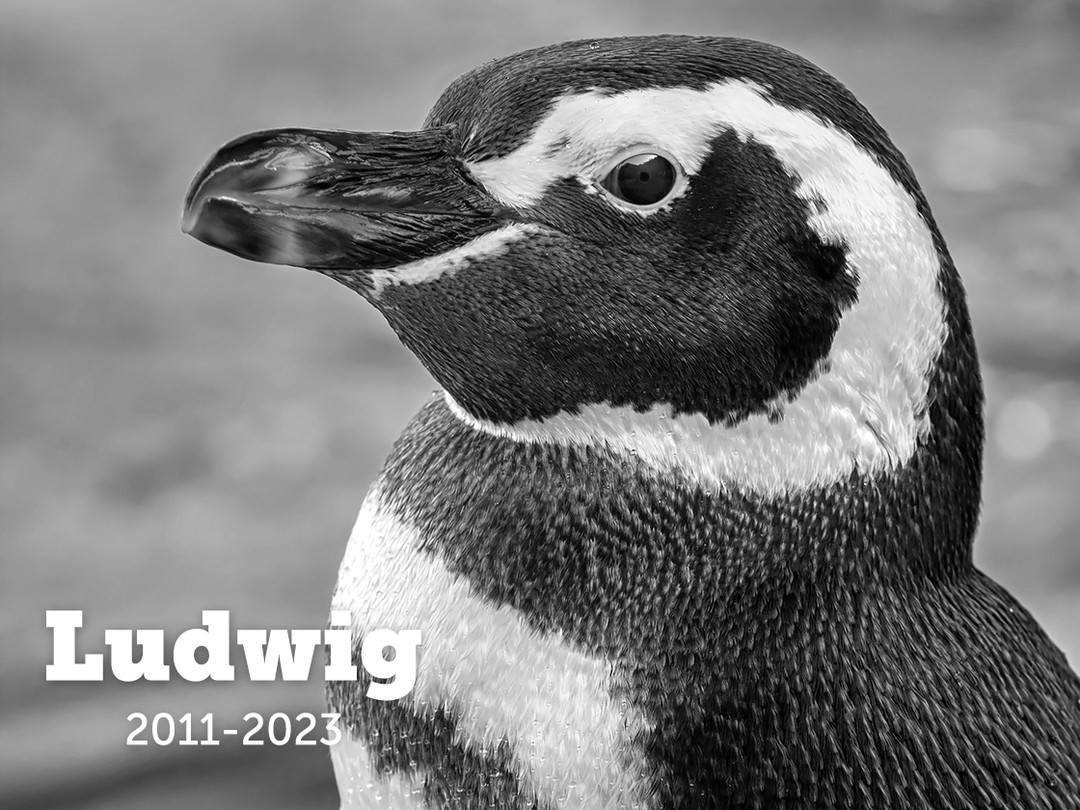Summary:
– Ludwig the penguin was a beloved member of the Aquarium of the Pacific staff who sadly passed away on September 12.
– He was a shy penguin, but once he connected with the staff, he became endearing to everyone.
– Ludwig showed signs of illness in the days before his passing, and testing revealed that he had an infection with avian malaria.
– Avian malaria is a serious disease in penguins that is transmitted through infected mosquitos.
– Magellanic penguins, like Ludwig, can be found along the coasts of South America, and their average lifespan is 10-20 years.
Ludwig the penguin was a true gem at the Aquarium of the Pacific. Despite his shy nature, he had a way of endearing himself to the staff members who cared for him. However, on September 12, the sad news of Ludwig’s passing spread throughout the Aquarium, leaving everyone in profound sadness and grief.
Ludwig’s usual enthusiasm for food waned in the two days preceding his departure, and he seemed unusually lethargic. This raised concerns among the dedicated veterinary and animal husbandry teams. They closely monitored his condition and provided him with the highest care possible.
Extensive testing was conducted, and it was eventually determined that Ludwig had contracted avian malaria. This disease, caused by infected mosquitos, poses a significant threat to penguins. It is crucial to note that avian malaria cannot be transmitted between birds or humans; nevertheless, it remains a serious concern within penguin populations.
To prevent avian malaria, the Aquarium of the Pacific takes proactive measures by providing the penguins, including Ludwig, with preventative malaria medication year-round. This preventive action aims to protect them from the disease. However, breakthrough cases are occasionally encountered, especially during the penguins’ annual molt season.
Molting is a fascinating part of the Magellanic penguins’ life cycle. Once a year, these remarkable creatures shed all of their feathers simultaneously. It takes them two to five weeks for their new set of feathers to grow. During this molting period, their vulnerability to diseases like avian malaria increases.
Magellanic penguins, such as Ludwig, are native to the coastal regions of South America, including Chile, Argentina, and Peru. Stunning landscapes and diverse wildlife characterize their natural habitat. These penguins have adapted to thrive in various coastal environments, including rocky areas and sandy beaches.
In the wild, the average lifespan of a Magellanic penguin ranges from 10 to 20 years. Ludwig’s twelve-year presence at the Aquarium of the Pacific marked a significant milestone. He was fortunate to have hatched at another Association of Zoos and Aquariums accredited facility before making his way to the Aquarium in 2012.
Ludwig may no longer be with us, but his memory lives on in the hearts of those who had the pleasure of knowing him. His shy disposition endeared him to the staff; their connection with him was remarkable.
The loss of any animal, especially a beloved member of the aquarium family, is a sobering reminder of the fragility of life. It also serves as a call to action for conservation efforts. By learning more about species like the Magellanic penguin and raising awareness about the challenges they face, we can contribute to their preservation.
Ludwig’s story serves as a reminder that wildlife is extraordinary. It reminds us of the incredible diversity found in our natural world and the importance of protecting and appreciating it. Each animal, like Ludwig, brings a unique personality and charm that captivates our hearts.
The Aquarium of the Pacific remains dedicated to the well-being of its animals, continuing to provide them with the best care possible. As visitors, we can learn from these incredible creatures and be inspired by their resilience.
So, the next time you wander through the Aquarium and spot a penguin gracefully gliding through the water, take a moment to appreciate Ludwig’s legacy. Remember his shy but endearing personality and the Memphis impact on those who knew him. Let Ludwig’s story ignite your passion for conservation and remind you of the wonder and beauty that nature beholds.
*****
Source Description
Ludwig the penguin, who was by Aquarium staff, passed away on September 12. The Magellanic penguin was twelve years old and had hatched at another Association of Zoos and Aquariums accredited facility before arriving at the Aatarium in 2012. Ludwig was a shy penguin, but once he connected with staff he was endearing,” said Brett Long, senior director of mammals and birds at Aquarium of the Pacific.
In the two days before he passed away, Ludwig showed a lack of interest in food and lethargy and was under close watch and care by the Aquarium’s veterinary and animal husbandry teams. Testing indicated infection with avian malaria as the most likely cause of his illness, so he received malaria medication and supportive care in a behind-the-scenes area. Avian malaria is a serious disease in penguins that comes from infected mosquitos. It is not transmissible between birds and cannot be transferred to people. All the penguins at the Aquarium, including Ludwig, receive preventative malaria medicine year-round as a precaution, but breakthrough cases can happen, especially during the penguins’ annual molt season. Part of the life cycle, molting is when Magellanic penguins lose all their feathers at one time annually. It takes two to five weeks for their new feathers to grow.
Magellanic penguins are found in and around the coasts of South America, including Chile, Argentina, and Peru. In the wild, their average lifespan is 10 years and up to 20 years.

